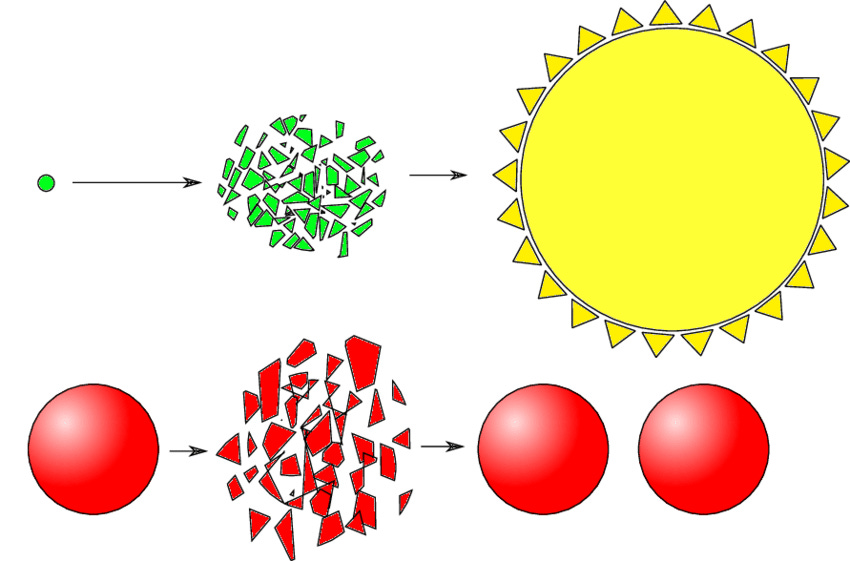I wanted to write a short note with two threads that I think you’ll find interesting.
The Philosophy of AI
A friend and mentor recently asked me:
“Who’s able to go meta on AI right now? What should I read for a philosophical take on the thing we call 'artificial intelligence'?”
I don't know of any good single source, or even a single approach. Here were my suggestions:
* The philosophy of Silicon Valley: Many thinker-doers here have been deeply influenced by Deutsch's "Beginning of Infinity." I read it a decade ago and still think a lot about it and will re-read it soon - it's perhaps the most important philosophical text written in the last 75 years. It pairs well with Kurzweil's books on the singularity (the most recent is "The Singularity Is Nearer").
* First and second wave AI researchers' final work: The initial groups that conceptualized and pushed AI forward (Minsky, Simon, Shannon, Newell, Turing, McCarthy, Weiner, Holland, Moravec, etc) became more philosophical toward the end of their careers. I've been slowly working my way through some of their books and papers to understand where they ended up and what they learned - they had great constructs, but not the required data and compute, and not the right mixture of connectionist math (stats, linear algebra, multi-variable calc, topology) that won the day. Minsky's "Society of Mind" and Simon's "Sciences of the Artificial" are good starting points (and these researchers have plenty of papers to dig through on Google Scholar). You could also take a historical approach and combine Nilsson's "The Quest for Artificial Intelligence - Stanford AI Lab" with Metz's recent "Genius Makers" book (or read the great historical footnotes in the Russell/Norvig AI textbook).
* Recent thinkers on intelligence: We don't really know what intelligence is, or even how to measure it, and I've been thinking about this non-stop for the last two years (and have talked to designers of the best human psychometric exams along the way, like WAIS and more). "A Brief History of Intelligence" by Bennett is a good adaptive/evolutionary perspective on intelligence, alongside Bostrum's books ("Superintelligence", "Deep Utopia") and Tegmark's "Life 3.0". I'm a fan of more technical work like Bang Liu's survey paper on agents.
* Widely read science fiction: When people get philosophical or literary here in the Valley (not too often, maybe late at night), we refer to the same set of sci-fi classics that touch on some key themes of AI: Asimov's Robot series, Dick's "Do Androids Dream of Electric Sheep?", Banks' Culture series, Gibson's "Neuromancer", Suarez's "Daemon", Hamilton's Commonwealth series, Egan's "Permutation City," Stross’s "Accelerando", Ishiguro's "Klara and the Sun", etc. This may be the closet set of works to get to philosophy, and they also pragmatically act as a roadmap for what to build.
Math Precedes Reality (The Pea and the Sun)
I recently gave a casual talk at Stanford (the ATOMIC series) about some emergent math (almost a century old) that is just starting to be applied to speculative questions in physics (interpretations of the Yukawa reactions or proton-antiproton pair production in particle physics).
The Pea and the Sun. The Banach Tarski Theorem - one of the wildest mathematical results I’ve ever seen, from non-measurable set theory.
Formal statements of the Banach Tarski Theorem:
A solid ball may be separated into a finite number of pieces and reassembled in such a way to create two solid balls, each identical in shape and volume to the original (with no stretching).
A solid ball in three-dimensional space can be decomposed into a finite number of non-overlapping pieces, which can then be rearranged using only rotations and translations (no stretching or distortion) into two identical copies of the original ball.
The unit ball B={(x,y,z): X^2 + y^2+z^2 <= 1} can be partitioned into two sets B1 and B2, such that B~B1 and B~B2 (with ~ means “is piecewise congruent to” or “is equidecomposable to”).
Here are my slides and here is the YouTube video of the talk (it was private but should be public soon). Here is a slicker video about the paradox.
Coming up soon:
* The first episode in a new podcast I started with a friend to talk to variant thinkers, called Variance.
* Some thoughts on fractal bush robots (inspired by work from Moravec and the artist Ruth Asawa, whose retrospective I saw today in the SF Moma).





Would love a syllabus on the first and second wave of researchers. Keep the book recs coming